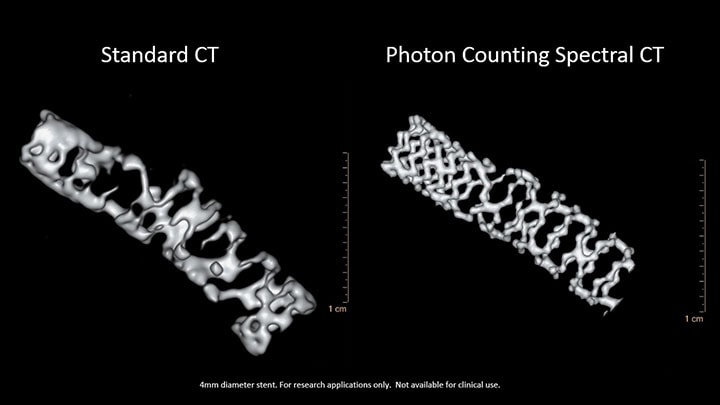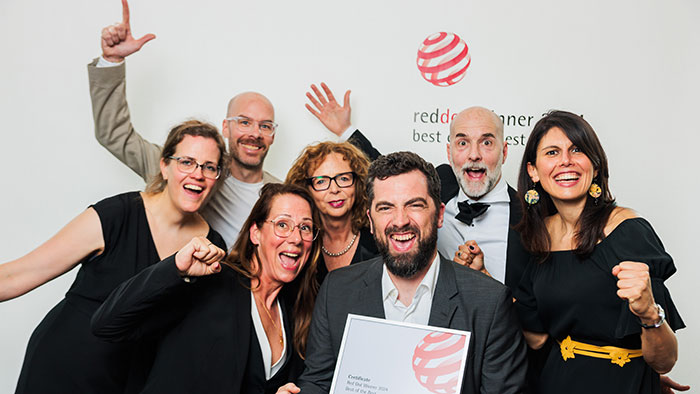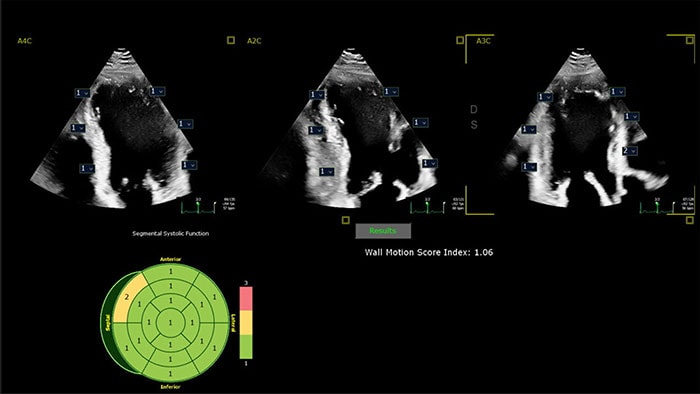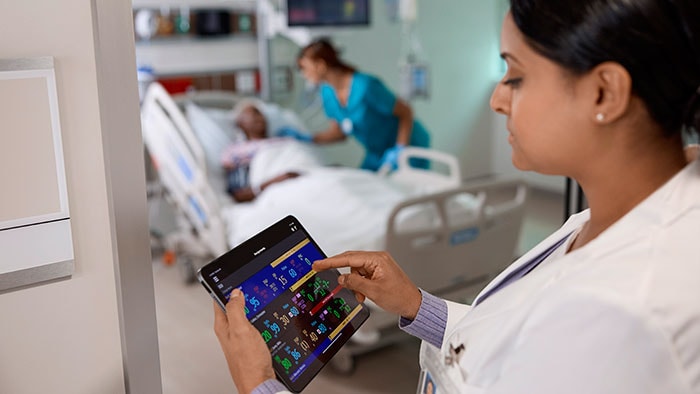Computed Tomography (CT) imaging is a mainstay of radiology departments worldwide, quickly providing valuable diagnostic information. Essentially a 3D X-ray, CT is used to diagnose and plan treatment for a wide range of conditions, from cancers and cardiovascular diseases to bone fractures. As part of an EU-funded consortium, Philips is pioneering research into the next generation of CT imaging: Spectral Photon Counting CT (SPCCT). A conventional CT system can be thought of as a rotating black and white camera: it passes X-rays through the patient, then captures an image of the photons that make it through to the other side. Depending on the type of tissue, different amounts of photons reach the detector, resulting in a picture that shows bones, organs, and other tissues. By quickly spinning around the patient and taking a series of such images, the CT system creates a 3D model of the patient’s anatomy. In contrast to CT, the SPCCT system doesn’t just capture the volume of photons that make it through – it also measures the energy of each photon. As a result, much like we perceive different photon energy levels as different colors of light, SPCCT enables clinicians to ‘see’ X-rays in full color. This breakthrough technology has the potential to make an important contribution to achieving the so-called ‘quadruple aim’ of healthcare: improving the patient experience with its with a low X-ray dose; improving the staff experience by simplifying workflow; enhancing health outcomes by enabling clinicians to better identify the different types of tissue in the body at high resolution; and lowering the cost of care by reducing the need for rescans. Philips’ clinical prototype is the world’s first full-field-of-view SPCCT system, and has recently been installed at Lyon University Hospital, France. The first clinical trials of the system with patients will begin in the coming months.

Spectral CT – already a reality for clinical settings with Philips IQon Spectral CT
Philips is already supporting clinicians in trauma and oncology care settings to improve diagnostic confidence with its Spectral Detector CT (SDCT) systems, the IQon and IQon Elite Spectral CTs. With the ability to improve tissue characterization, these systems offer significant benefits over conventional CT systems and represent an advance towards SPCCT-like functionality. The IQon Elite provides health systems with a more sophisticated diagnostic tool and higher throughput capability that is exceptional in the industry. The system’s better visualization of bone marrow pathology enhances diagnostic confidence and provides the opportunity to reduce the need for subsequent scans [1]. Its ability to estimate electron density and effective atomic number provides enhanced tissue characterization, enabling a new level of diagnostic certainty for oncologists and their patients. SPCCT will bring further improvements in spatial resolution for better assessment of coronary arteries, lung and bone pathologies. Philips’ pioneering advances in CT are one part of the company’s continuing drive to deliver an increasingly precise diagnosis for each patient: an intelligent combination of different types of diagnostic information that we bring together to create a single patient view, all with the goal of creating a first-time-right diagnosis. [1] Results from case studies are not predictive of results in other cases. Results in other cases may vary.
Share on social media
Topics
Contact

Mark Groves
Philips Global Press Office Tel.: +31 631 639 916
You are about to visit a Philips global content page
Continue












